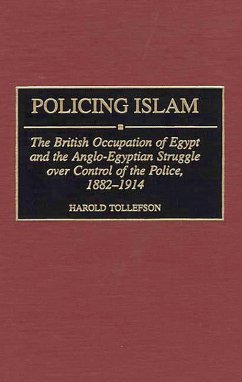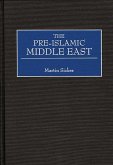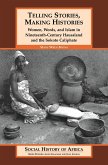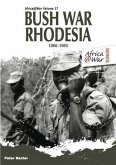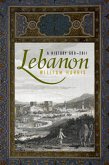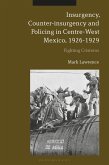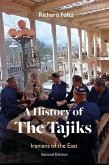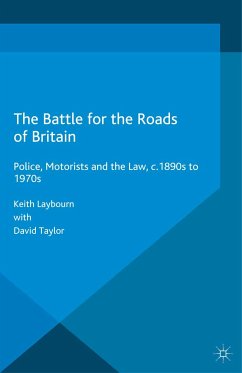The role of the police force was central in the politics and social life of Egypt during the British occupation between 1882 and 1914. Egyptians initially resisted British encroachment into the sphere of autonomy that had been reserved to them in police matters. However, preferring indirect rule to overt manifestations of power that would be signified by the use of the army, the British used the issue of reform to tighten their hold on Egypt by means of the police. This study applies modern criminological theory to examine the attendant political repression, torture, corruption, and rising crime that soon followed. Instead of the more professional and community-oriented police force exemplified by the bobbies in England, the British opted for a militarized Egyptian police force, better suited to the repression of political dissent than of ordinary crime. Tollefson seeks to account for rising crime in Egypt, which Lord Cromer, the British Consul-General between 1883 and 1907, referred to as Egypt's worst problem during his tenure. Under British control, defects in the police such as low pay, harsh discipline, and maltreatment of suspects persisted, and ordinary crime increased. This work confirms what students of colonial policing have come to appreciate; the police performed key security and social maintenance roles in colonial and quasi-colonial situations.
Bitte wählen Sie Ihr Anliegen aus.
Rechnungen
Retourenschein anfordern
Bestellstatus
Storno

